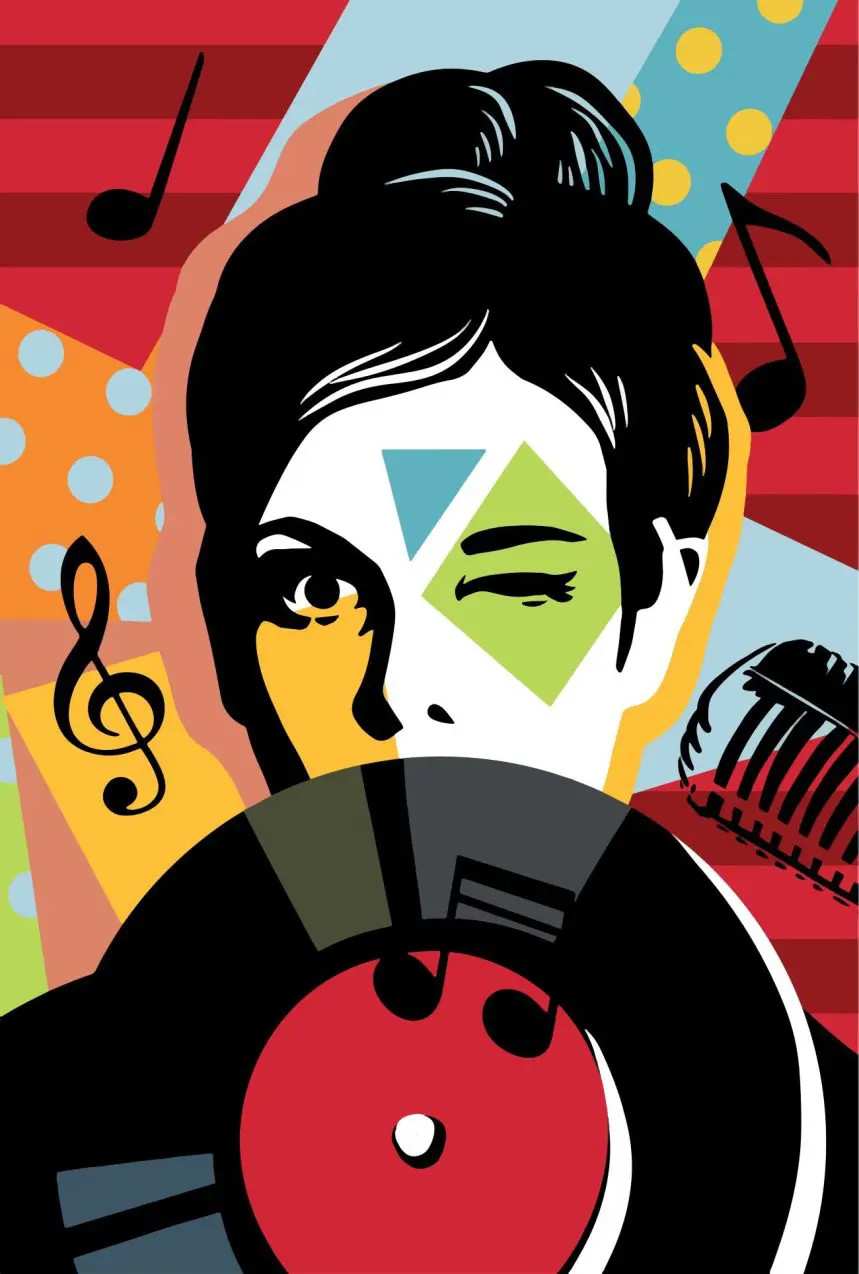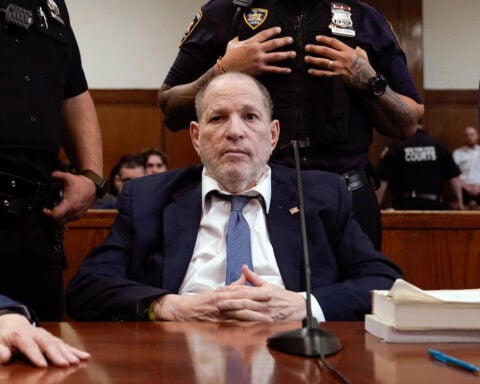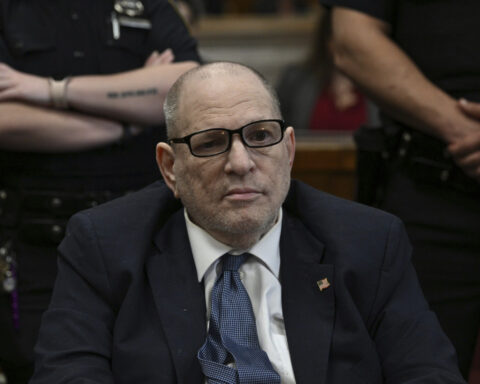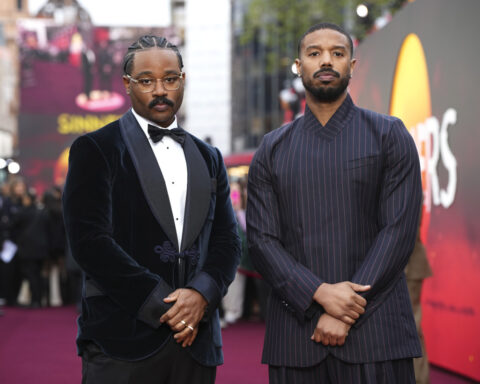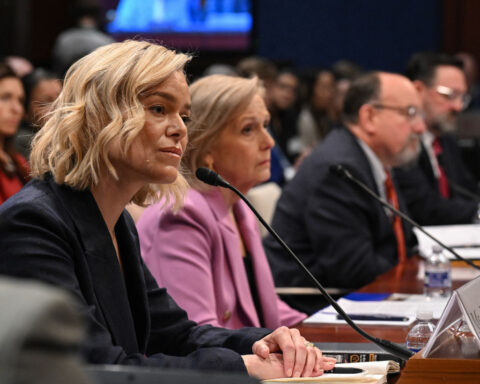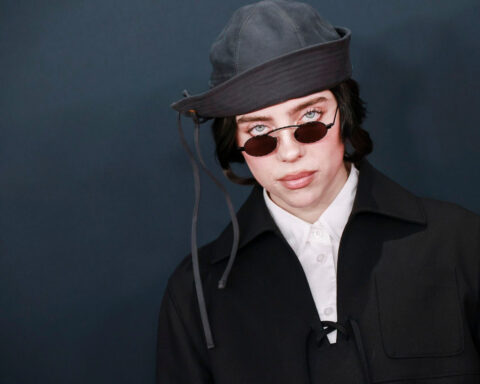Artificial Intelligence is revolutionizing songwriting, causing huge upheaval in the music industry. Demonstrations of new software demonstrate how technology can generate creative melodies, imitate distinctive vocal styles, and produce entire instrumental songs with little assistance from humans. Tech developers praise the democratizing power behind these tools to open music creation to more people.
“We always knew technology would disrupt our business,” said an April statement from Universal Music Group (UMG), the label titan representing mega-stars like Taylor Swift, Billie Eilish, and Kendrick Lamar. “But AI threatens to fracture the fragile bonds between artists and fans.” The company has led lobbying efforts urging restrictions around AI music content. They implored streaming platforms like Spotify and Apple Music to block unapproved AI songs from their catalogs. But legal experts argue enforcement poses monumental challenges.
“Copyright law never contemplated machine authors,” said Karl Fowlkes, an entertainment lawyer at The Fowlkes Firm. He noted the US Copyright Office’s public guidance that AI works must demonstrate “some creative spark...not merely a result of a machine’s generic functions or algorithms.” Judges still wrestle to define that human spark of originality. The technology compounds complications, given neural networks continuously update their capabilities through ceaseless self-learning.
Music industry professionals similarly clash over AI’s expanding musical prowess. “If an AI can produce guitar parts indistinguishable from mine, that’s a huge problem,” fretted session guitarist Joey Tempest over technology threatening his livelihood. More experimental creators take intrigue rather than offense. “I like playing with the unpredictability and happy accidents,” said electronic producer Claude VonStroke regarding his recent album that incorporated AI-generated samples for a more unorthodox sound.
The technology remains in its infancy but demonstrates early talents exceeding many expectations. “Over half our test subjects could not reliably detect computer-generated music from human-made compositions,” said Dr. Alexis Kirke, a study co-author and director of the Interdisciplinary Centre for Computer Music Research at Plymouth University. However, Kirke acknowledged lingering limits around originality. “These systems still require exposure to human art examples as a starting point for training,” said Kirke, adding they lack aptitude for higher-level musical intents around communication or personal expression.
Ethical quandaries similarly abound regarding privacy, bias, and intellectual property. Several companies now sell original AI instrumentals and compositions for commercial licensing, but nebulous legal standards allow many to skirt accepted requirements around copyright. “These systems absorb stylistic patterns from whatever data they access, which risks perpetuating issues like stereotypes or cultural appropriation if we don’t ensure diverse and unbiased sources,” warned Dr. Sonja Meijer, an AI ethics researcher at the University of Virginia focused on music technology accountability.
Vocal modeling AI prompts further outrage around consent and integrity. “That computer has no concept of why we made our artistic choices,” fumed the legendary producer Quincy Jones. The country icon Dolly Parton denounced AI vocals as “the mark of the beast” and an unethical overreach.
Nonetheless, a realm for peaceful and productive coexistence between human musicians and machine maestros may yet emerge. “I think we’ll arrive at an equilibrium where AI assists rather than displaces artists,” predicted Dr. Kirke. Musicians like electronic experimenter Holly Herndon adopt an optimistic view as well, proactively releasing AI iterative versions of their voice as an “open creative tool” for public collaboration.
Industry leadership similarly emphasizes that while seismic disruption is guaranteed in music’s technological future, outright destruction is not fate’s certainty. “Technology will shape what’s coming next, but vision and responsibility must guide its path,” stressed UMG CEO and chairman Lucian Grainge at a December shareholders meeting. He highlighted priorities around security, transparency, and options for artist control over AI content usage and distribution.
While developers tout revolutionary possibilities, anxious artists argue AI music should face tighter controls before getting unleashed for mass consumption. Nonprofit advocacy group the Music Rights Awareness Foundation (MRAF) was formed last year partially in response to the copyright questions swirling around AI systems pulling material without obvious consent or remittance procedures.
“We envision a future where technology creates opportunities instead of obstacles for musicians,” said MRAF executive director Neil Hamilton in an interview. “But we’re not there yet.” MRAF lobbies alongside artists for “fair compensation guarantees baked into music software development.”
So far, pushback from the tech lobby stymies progress on binding AI regulations. “Innovation risks getting choked without flexible rules allowing research access to content,” contended Silicon Valley Congressman Ro Khanna. He cautions that heavy-handed policies could jeopardize the development of potentially empowering tools. Rights groups maintain skepticism. “There’s still too much recklessness around probing the bounds of music copyright law,” warned MRAF’s Hamilton. “We need accountability, or else creators get left holding the bag.”
While debates rage in boardrooms over artificial intelligence’s proper place in music creation, a growing niche community of enthusiasts explores radical sonic possibilities at the fringe boundaries. These devotees flock to ambitiously offbeat artists focused entirely on AI collaboration, like composer Holly Herndon, who treat their algorithms not as a standalone replacement for talent but rather an exotic instrument for stretching creative reach.
Herndon released her own “digital doppelgänger” named Holly+ as publicly available open-source software anyone can tinker with for remixes or musical interplay. A burgeoning scene coalesces worldwide around the concept of “AI-human music” with bands featuring both flesh-and-blood instrumentalists alongside their algorithmic counterparts. The software takes on roles like a lead guitarist, backing vocalist, or co-songwriter. “We’re exploring a special interspecies chemistry you can’t recreate any other way,” said Kat Five, frontwoman for the pioneering group Feral Five.
Critics argue such musical gimmicks distract from deficits of authentic emotional resonance. “It’s a technical parlor trick lacking the sincerity of real music built by bonds between people,” opined culture writer Melina Danvers. Yet curious listeners feel their way toward championing certain algorithmic art forms. “I crave creativity that feels delightfully weird and human simultaneously,” said Roby Jean, founder of the web collective Spirit.AI. “This technology lets us take flights of fancy beyond normal limitations.”
Algorithmic music AI has demonstrated strengths in harmonic analysis, melodic schemas, and formal structure arrangement. Yet skeptics argue machines lack the capacity for channeling songs as profoundly effective personal communication compared to works by gifted human composers. “There exists a profound yet ineffable element of poetic pathos gleaned from artists’ life struggles,” wrote MIT computer scientist Victor Zue. “Machine learning operates devoid of mortal coil context.”
Reactions toward artificial intelligence creative tools demonstrate clear schisms across generational lines. Musical elders more often condemn algorithmic composition as an abomination lacking humanistic authenticity. Meanwhile, youth culture better embraces the concept of software augmentation, driving new paradigms rather than replacing individual talent.
“Kids today show comfort letting tools handle mundane tasks, so they focus on big picture vision,” posited Professor Kelly Bergstrom. “There’s less ego attachment to doing absolutely everything start-to-finish themselves.” Comparatively, more flexibility emerges from digital native composers like trailblazer Holly Herndon, who proactively collaborate with AI tools without viewing it as an existential threat.
“The old vanguard eventually salutes the new,” laughs Bergstrom. Human experts agree that machine-learning music technology guarantees seismic industry disruption with many lingering questions. Vision and responsibility must guide development to empower rather than erode creator livelihoods. Standards for usage rights, royalties, transparency, and oversight lag dangerously behind exponential system advances. Musicians justly demand accountability baked into further progress, lest unbridled code authors run roughshod over vulnerable human artists relying on fraying legal protections.
With no unified guidelines yet implemented, brinksmanship endures between unfettered technical innovation and calls to implement more supporting guardrails. If stewardship wins over recklessness, perhaps machines and musicians can strike harmony instead of a technology takeover. But musician welfare hangs precariously in the balance. Lawmakers continue working with industry leaders around safeguards for sustainable co-creation alongside new silicon collaborators before the unregulated era’s fallout becomes irreversible.
The future of music already rings with a distinct computerized twang.

 Trump has begun another trade war. Here's a timeline of how we got here
Trump has begun another trade war. Here's a timeline of how we got here
 Canada's leader laments lost friendship with US in town that sheltered stranded Americans after 9/11
Canada's leader laments lost friendship with US in town that sheltered stranded Americans after 9/11
 Chinese EV giant BYD's fourth-quarter profit leaps 73%
Chinese EV giant BYD's fourth-quarter profit leaps 73%
 You're an American in another land? Prepare to talk about the why and how of Trump 2.0
You're an American in another land? Prepare to talk about the why and how of Trump 2.0
 Chalk talk: Star power, top teams and No. 5 seeds headline the women's March Madness Sweet 16
Chalk talk: Star power, top teams and No. 5 seeds headline the women's March Madness Sweet 16
 Purdue returns to Sweet 16 with 76-62 win over McNeese in March Madness
Purdue returns to Sweet 16 with 76-62 win over McNeese in March Madness
